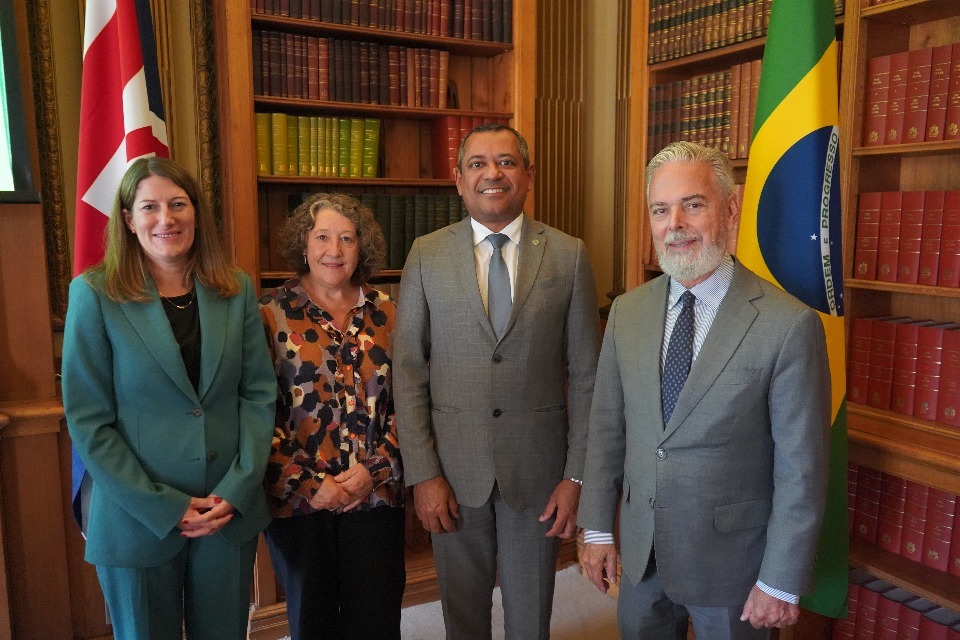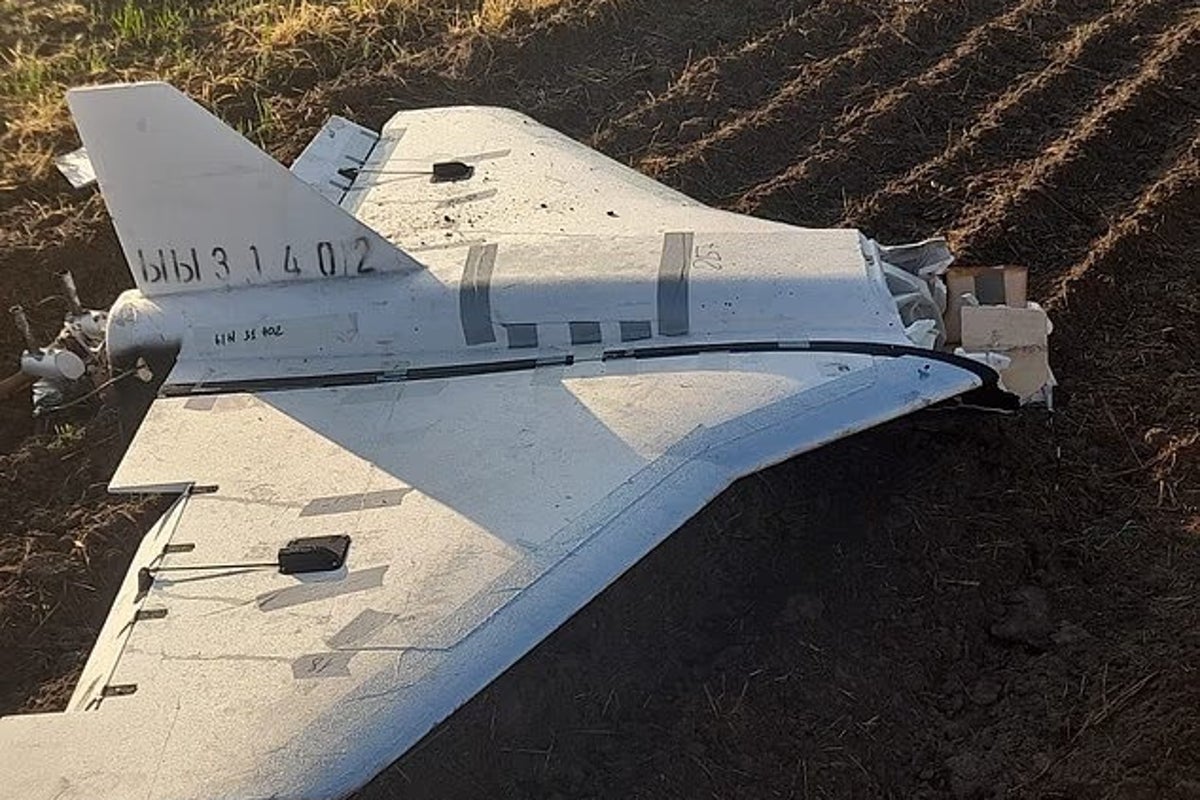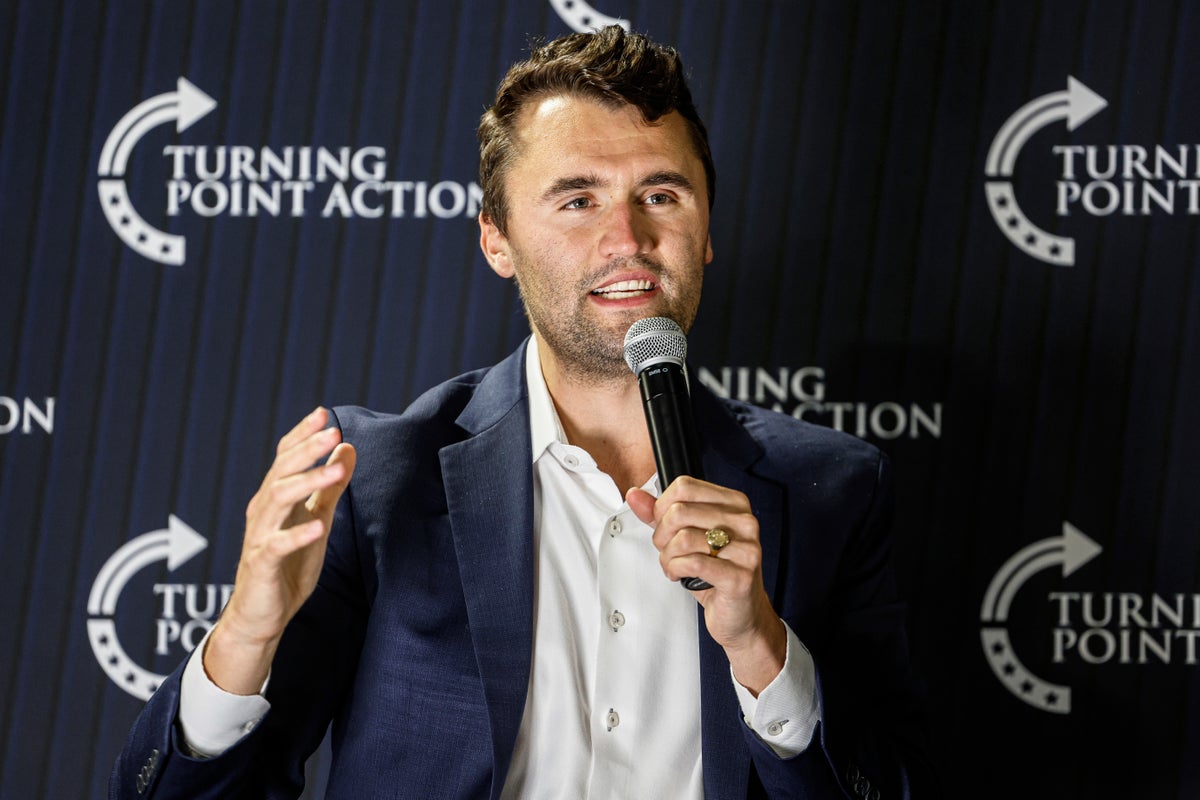Poland knows more than most European countries about the realities of war and the cruelties of foreign occupation. Since it regained its independence in 1918, it has spent almost half of the time under German or Russian domination. Now, it is being menaced by the latest iteration of the Russian empire.
The possibility of war has usually been regarded as unthinkable in Western Europe. But in Warsaw, it feels much more real. So when Poland’s prime minister, Donald Tusk, describes Russia’s drone invasion of its airspace as an act that has brought the prospect of military conflict “closer than at any time since the Second World War”, he should be taken seriously.
Fortunately – and in spite of the policies pursued by US president Donald Trump – Nato is still strong enough to answer the call to action issued by Mr Tusk, and “Article 4” discussions were initiated, involving representatives of all 32 nations in the Atlantic Council. By coincidence (presumably), the British defence secretary, John Healey, has been hosting a summit of the European Group of Five in London, with his French, Italian, German and Polish counterparts, and with the Ukrainians in attendance.
Intensive consultations are now underway to ascertain the adequacy of the immediate response of the alliance to the detection of drones over Poland, and what more can be done to strengthen the defences of Poland – and, more widely, of Nato – as well as those of Ukraine, which was the principal but not sole target of this example of the Kremlin’s aggression, executed with the assistance and connivance of Belarus.
Ukraine may not yet be a member of Nato, but the exigencies of this conflict are increasingly turning it into a de facto partner – and a valuable one.
To be clear, what Russia did was sufficiently tangential that it cannot be counted as an act of war and thus trigger instant Nato retaliation under Article 5 of the North Atlantic Treaty – the “one for all, all for one” clause. However, the sheer scale of this airborne incursion – 19 drones, of which four were brought down, one of them in central Poland more than 180 miles from the border – was an exercise in probing both Nato’s defences and its determination.
It was, in fact, the first time in Nato’s history that its forces have had to directly attack Russian forces, albeit unmanned ones – and that is a noteworthy “moment”.
In other words, the Russian action is sufficiently serious for Nato, and in particular the European nations, to consider what more needs to be done in order to contain and defeat Vladimir Putin’s forces in Ukraine, to weaken Russia’s economy and thus its war machine, and to deter its aggression. Poland, one of the most vulnerable of the Nato partners, has already set a fine example by ramping up its defence spending to create the most heavily armed conventional military on the continent. This effort shames larger economies, including Germany, France, Britain, Italy, Spain and the Netherlands, which have been left looking weak and indecisive by comparison.
It should not take Mr Tusk’s warning for Europe to boost its efforts to take responsibility for its own defence. The illegal invasions of Ukraine – in 2014 and a fortiori in 2022 – should have done that. So should President Trump’s scornful warnings and partial disengagement from the alliance. No wonder that Poland has taken its peace and security into its own hands – but there can be no substitute for collective security.
It will take time to build up Europe’s defence production, and to acquire more weaponry from America and other friendly states. But hitting the Russian economy can be done much more rapidly. No European ally – a term that includes waverers such as Hungary and Slovakia – should be buying Russian oil or gas, either directly or indirectly via, say, India. It is also time to seize at least some of Russia’s financial assets in the West, with the promise that they will be restored once Russia returns to the path of peaceful coexistence.
The existing sanctions and the war effort are placing a huge, unsustainable strain on the Russian economy, with at least 40 per cent of its national income being devoted to the war on Ukraine. China, North Korea, Iran, and to some extent India, are trying to prop up the Putin regime – but they cannot do so indefinitely, at risk to their own security. Europe’s economy, industrial heft and technological edge should easily be enough to defeat Russia in any type of contest. It is time to make that superiority count.
This is also a moment, an opportunity, in which European friends and partners can urge President Trump to reassess his misplaced trust in President Putin. The United States has shown a willingness to sell advanced equipment to Europe, and, through Nato, to Ukraine. The US president has also responded positively to Europe devoting more money to the Atlantic Alliance.
It is more possible now than at any time since he won the election last year that President Trump will take a harder line with Moscow. The failure of the Alaska summit was not Mr Trump’s fault, and he now needs to treat Putin with great caution. But even if he does not, the rest of Europe should stand with Poland – and take its determination to defy its larger neighbour as an example, and an inspiration.




